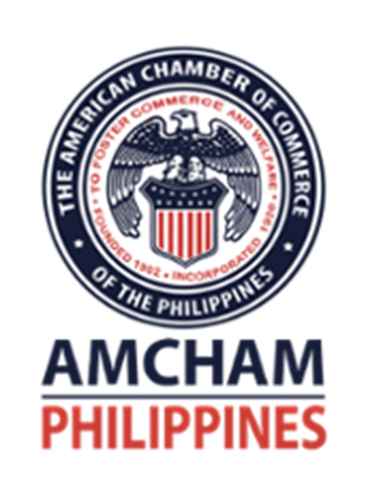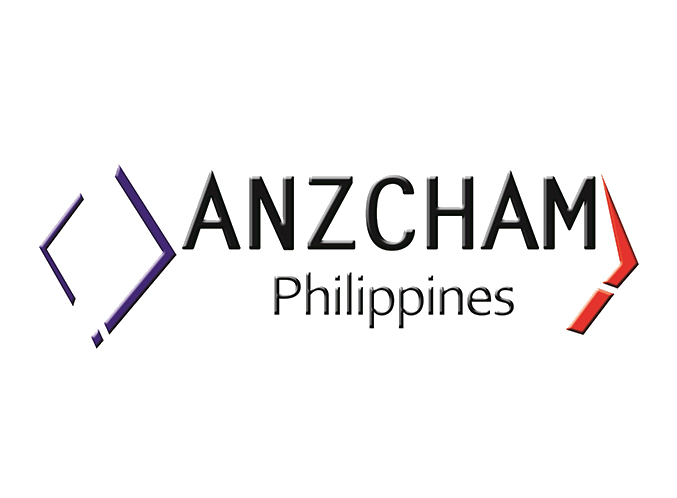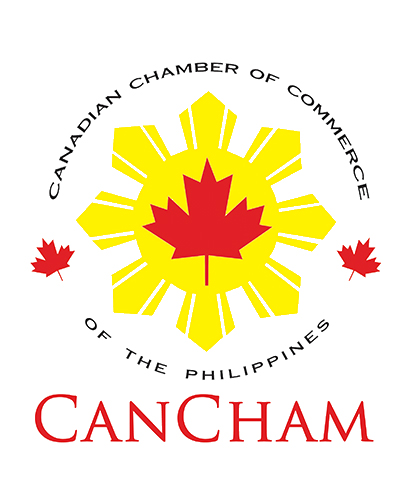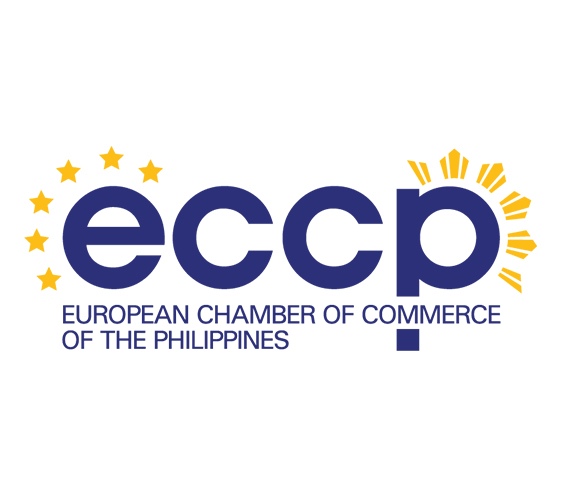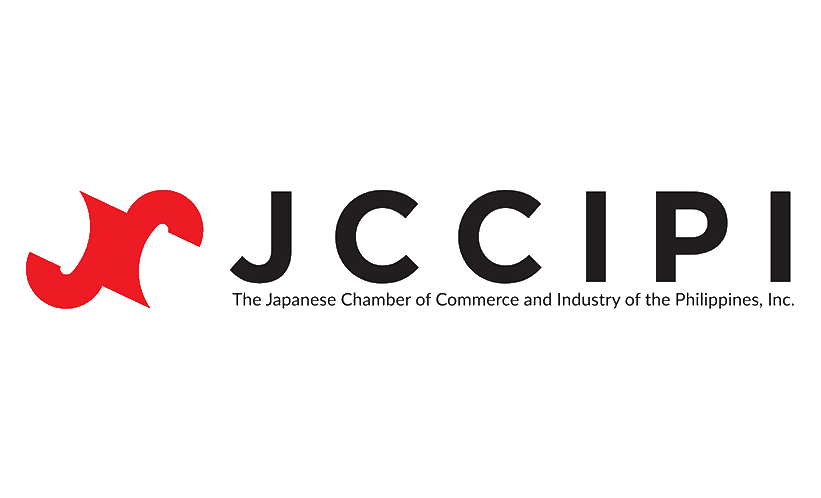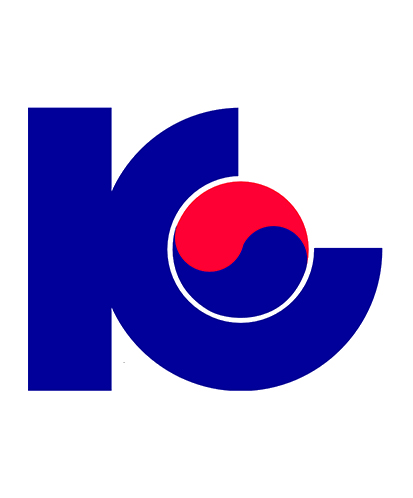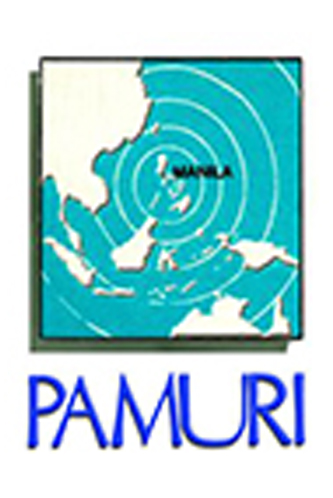After settling the issue on the most suitable system of government for the country, members of President Duterte’s consultative committee (Con-com) will now focus on the amendments needed to further liberalize the economy using inputs from business chambers and advocacy groups.
Arthur N. Aguilar, chairman of the economic reforms and fiscal administration subcommittee, told the BusinessMirror that the economic provisions in the 1987 Constitution are “restrictive.”
“[The Constitution] is viewed as protectionist. So we really have to look at it today and where our country will be decades from now,” said Aguilar, who is an accountant and an economist. “We have to prepare the country for the future and the rule now is globalization. The Philippines is a signatory to various [trade] treaties and all of these require a liberalized economy.”
Aguilar said members of the Con-com are currently collecting position papers from various business groups, professional organizations and economic advocacy groups.
The Joint Foreign Chambers of the Philippines, the Makati Business Club (MBC), the Financial Executives Institute of the Philippines (Finex) and the Management Association of the Philippines (MAP) have already submitted their position papers to the committee.
Finex, MBC and MAP said in their joint statement that there is a need to amend the Constitution to make it “more adaptable and responsive to current social and economic realities.”
“We believe this is a necessary action in helping us realize the aspiration of a more inclusive and sustainable growth,” the statement read.
The group called for easing foreign-investment restrictions, as this “may also be critical” in meeting their commitments to the Asean economic community and strengthening trade ties with other countries.
“The Philippines has enjoyed enhanced growth prospects and is on the radar screen of the international investment community—and these will be further improved by higher foreign investments coupled with improved environment in doing business in the country. It will be unfortunate if the Philippines fails to take advantage of this golden opportunity and realize the potentials that a liberalized trade and investment regime will bring,” the statement read.
In its statement, the JFC said, “restrictions on foreign investment make the economy less competitive by imposing constraints to growth that result in lower investments, fewer jobs, poor infrastructure, and noninclusive development.”
Aguilar said the economic reforms subcommittee is targeting to submit its report and recommendations to the consultative committee en banc before March 25.
On Tuesday the consultative committee voted in favor of a presidential form of federal government.
The federal-presidential system adopts the current setup of a national government with three branches: Executive, Legislative and Judiciary.
However, in a federal setup, the country will be divided into federal states with their own legislature and local governments. This system is being followed in the United States.
“We pattern this structure of government from the United States, which has a federal form of government. This structure, characterized by separation of powers, characterized by check and balances, is the best federal government in the world,” former Chief Justice and Con-com Chairman Reynato S. Puno said.






















